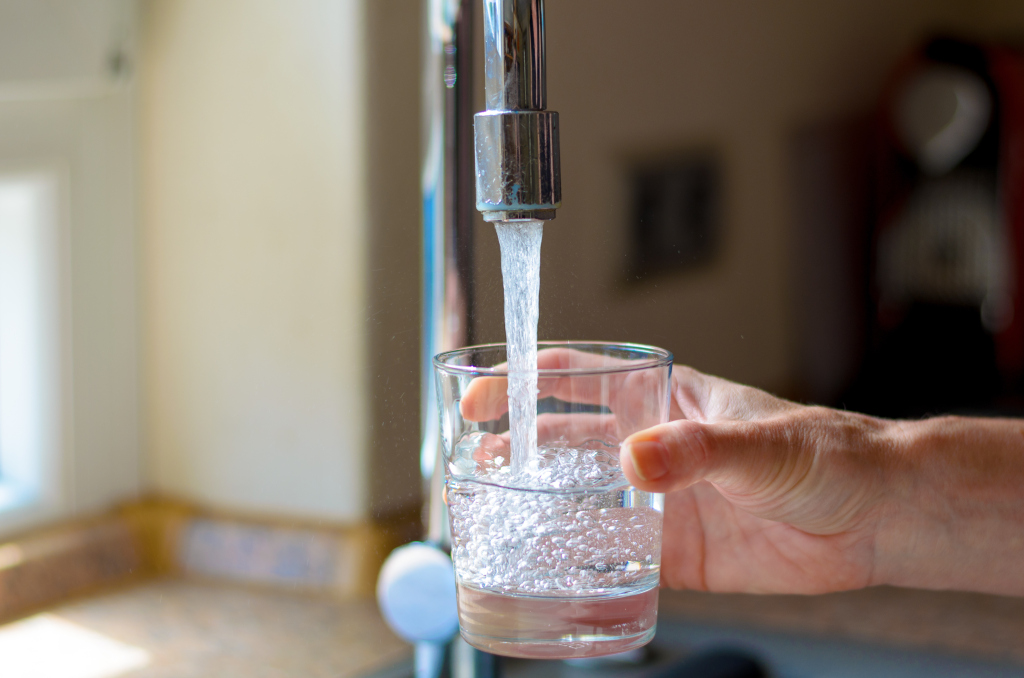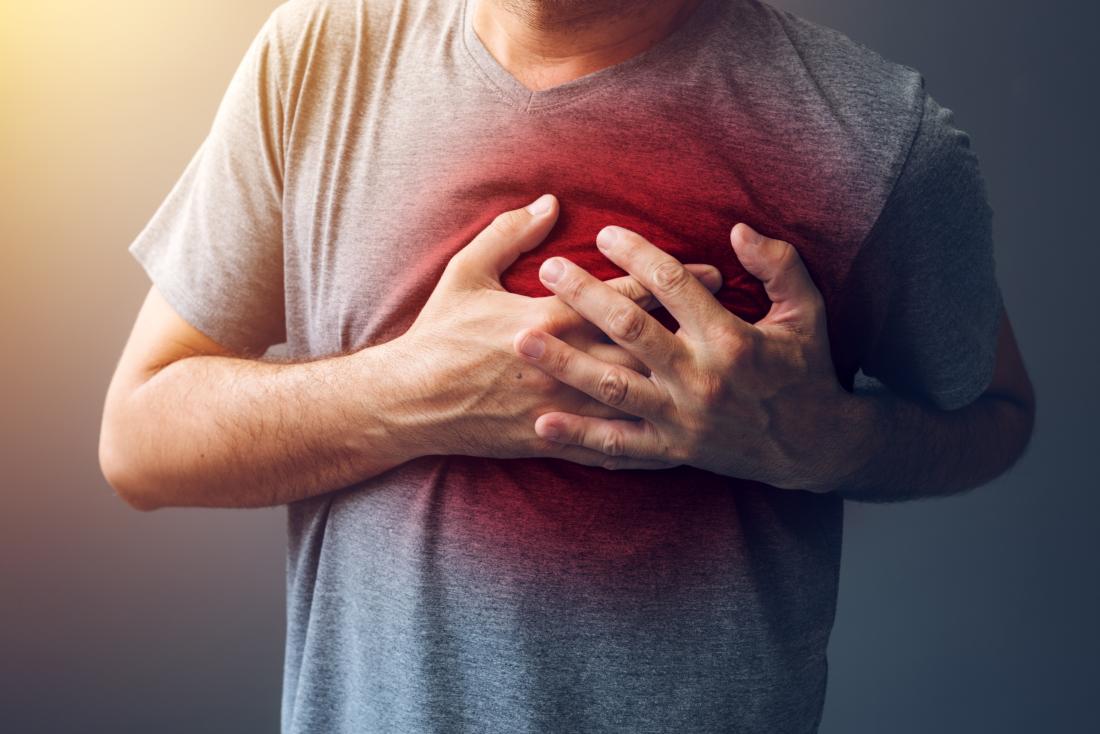Water is essential for the existence of human beings, without it we cannot survive. Every function of our body involves water, from digestion to circulation, controlling temperature of our bodies and elimination of waste products. Not just this, it is also necessary for other purposes like cooking, sanitation, agriculture, etc.
According to the recent data collected on water consumption, only 0.4% of the earth’s water is usable, and drinkable for the population of roughly 7 billion inhabitants on this planet. The consumption of water every year increases with the growing population. Today, 884 million people do not have access to safe water supplies, among them there is a good percentage which consumes hard water, which is an important aspect of causing several diseases around the globe.
What is Hard Water?

Hard water is described as water which contains a high volume of calcium and magnesium ions. The hardness of the water can also be developed because of other dissolved metals like barium, iron, aluminum, strontium, manganese and zinc. The term ‘hard water’ was originally used for water that was hard to wash in, indicating to the properties of soap washing. The hardness of the water restrains soap from making any foam by establishing an insoluble curdy discharge, this can be seen in cooking pans where hard water forms a thick layer on the surface of the material.
The water that runs in our house and buildings has differing level of hardness, this level is based on the concentration of calcium carbonates. The dissolved magnesium and calcium salts are the main factor for scaling in pipes, water heaters and several issues that we face in our kitchen and laundry. This is a chart below, according to the U.S.A Department of Interior and Water Quality Association, which defines the guidelines of quality of water;
Calcium Carbonate Level
| Calcium Carbonate Level | |
| 60 mg/L | Soft Water |
| 61-120 mg/L | Moderately Hard Water |
| 121 – 180 mg/L | Hard Water |
| Above 180 mg/L | Very Hard Water |
Impact of Hard water
For starters, hard water can damage your household appliances, ruin your laundry by leaving it dirty, stiff and defiled, and cause buildup on your plumbing and shower-heads. But, that does not stop there, hard water has negative effects on your body, which is why it is a health hazard. According to research, those who have a regular intake of hard water are at a high risk of several diseases.
While hard water has a great number of risks affiliated with it, we will discuss the most important 5 Health Risks Associated With Hard Water.
Cardiovascular Disease

Most studies have found a relation between hard water and cardiovascular disease, even high blood pressure is known to be caused by the hardness of drinking water. The high levels of magnesium have been found to play a negative role in coronary heart disease, the frequency of this disease differs extensively in different regions of the world, and many studies have been done which show the role high level of magnesium plays in triggering this disease.
Cancer
From several years various researches have been going on to identify whether hard water causes cancer or not. Till now, most studies have shown that the high intake of calcium and magnesium through hard water plays a role in causing Gastric and Colon cancer. Some studies have indicated that the hardness in water increases the risk of Rectal and Pancreatic cancer, but no such solid proof has come forward yet. Significant evidences also show the intake of magnesium from the drinking water can be a high risk for women especially, causing Ovarian and Esophageal cancer. A very strong evidence was also reported in Eastern Europe which shows a relation between water magnesium and Hepatic cancer.
Alzheimer’s Disease
Researchers have found that aluminum may cause brain pathology comparable to Alzheimer’s disease. Although, no definite evidence has been found yet which proves the relation of aluminum in development of this disease. A survey was carried out in 88 county districts of England and Wales, estimating the rates of Alzheimer’s disease in people under the age of 70 years old. The concentrations of aluminum were collected by the water authorities, which showed the risk of Alzheimer was 1.5 times higher in districts which were consuming hard water.
Eczema

Eczema is a non-contagious and inflammatory skin order, which makes your skin itchy and red. It is also known as Atopic Dermatitis, and is common in children, but can occur at any age. The main causes of eczema are unknown but the environment around us plays an important role in its development. Hard water has been proven to be a risk factor for this disease, because of the many minerals present in it. The hard water prevents the cleaning products from washing off from your body completely, leading to irritation in the skin and dryness.
Reproductive Health
Few studies have showed that the hardness in water can have a negative effect over reproductive health in men, this is because of the levels of calcium and magnesium present in hard water. According to a report conducted in India, the number of reproductive failures and still births were high in areas which have hard water. The report indicates the negative influence of excess calcium on fertility and reproductive system.
How To Avoid Health Risks Associated with Hard Water?

The best way to counter the health risks caused by hard water, is to bring a water softener in your home and make it a part of your healthy life. A good water softening system, like the Kind Water Softener Range, can go a long way in keeping you and your family healthy.
A water softener minimizes the levels of mineral contents present in the water flowing through the pipes of your home. With a machine like the ones offered by Kind Water, the next time you open your tap you will have access to water which is healthy and safe.

